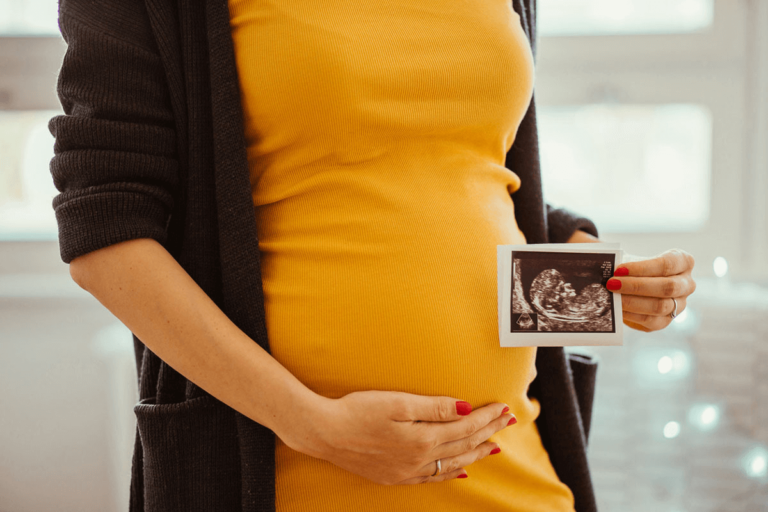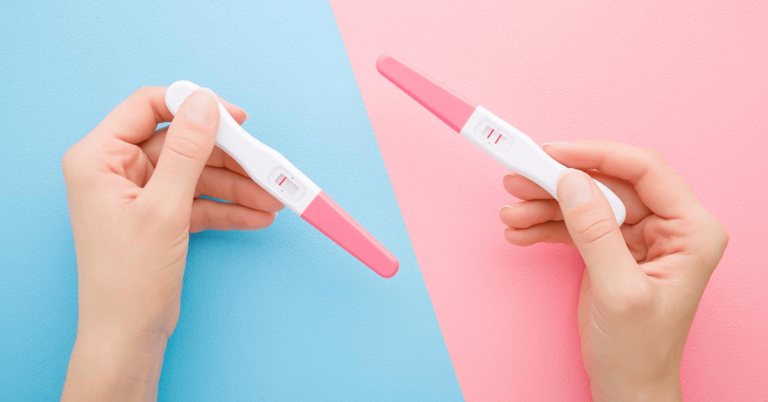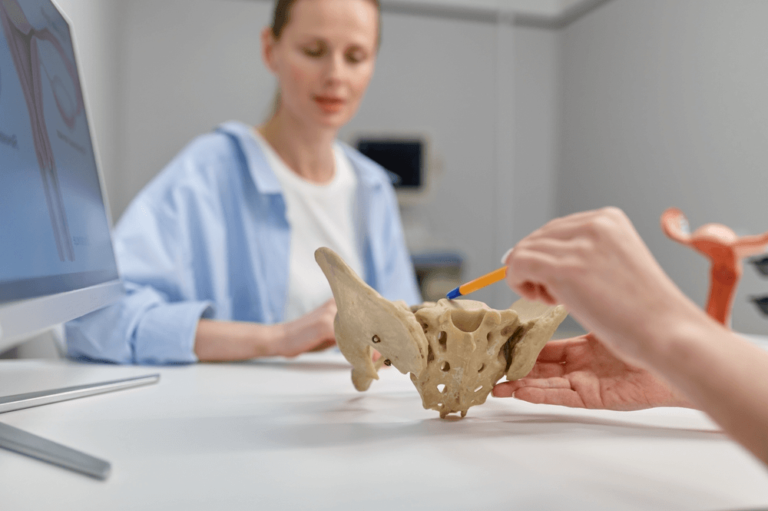What to Pack in Your Hospital Bag: A Complete Checklist
As your due date approaches, one of the most important things to prepare is your hospital bag. Having everything packed and ready to go well ahead of time can make labor and delivery less stressful. But with so many products marketed to expecting moms, figuring out exactly what to bring can be a bit overwhelming. This guide provides a complete checklist of essentials to ensure you’re fully prepared for your hospital stay.
Why Packing Early is Important
You never know when your baby will decide to arrive, so having your hospital bag packed by the time you’re around 36 weeks pregnant is a good idea. This allows you to have peace of mind and focus on your comfort and health as the big day gets closer. It’s also helpful for your partner or birth support person to know where everything is, should they need to grab it in a hurry.
Find out how food aversions and appetite changes affect you during pregnancy here.
Essentials for Mom
1. Important Documents
Make sure to pack a folder with all the necessary paperwork, including:
- Your ID
- Insurance information
- Hospital forms (if you’ve pre-registered)
- Birth plan (if you have one)
These documents are key for a smooth check-in and to ensure that your preferences are followed during labor.
2. Comfortable Clothing
Hospitals will provide you with gowns, but many women prefer to bring their own clothes for labor and after delivery. Comfortable, loose-fitting clothing is ideal.
- Nightgowns or pajamas: Choose ones that are easy to unbutton if you’re planning to breastfeed.
- Robe: A soft robe is perfect for walking around the hospital and covering up when visitors arrive.
- Socks and slippers: Your feet can get cold during labor, so bring warm socks. Slippers or flip-flops are great for walking around the hospital.
3. Postpartum Essentials
After delivery, your body will need extra care, so don’t forget these items:
- Maternity pads: The hospital may provide some, but it’s always a good idea to have extra heavy-duty maternity pads for postpartum bleeding.
- Nursing bras and pads: If you plan to breastfeed, a few nursing bras and disposable or washable breast pads will be helpful.
- Toiletries: Pack travel-sized shampoo, conditioner, face wash, toothbrush, toothpaste, and deodorant. Having your own items will help you feel more refreshed.
- Hair ties and lip balm: Labor can be long, and these small comfort items make a big difference.
Essentials for Baby
1. Going-Home Outfit
Pick a cute, comfortable outfit for your baby’s first trip home. Consider the weather when choosing the outfit and make sure it’s easy to put on. A onesie, hat, socks, and mittens should do the trick.
2. Blanket and Swaddles
Bring a soft baby blanket or swaddle to keep your newborn cozy. Many parents bring a special blanket for baby’s first photos.
3. Diapers and Wipes
Although the hospital will likely provide these, it doesn’t hurt to have your own stash of newborn diapers and sensitive skin wipes, especially for the car ride home.
Extras for Labor and Delivery
1. Snacks
Labor can be a long process, and while you might not feel like eating during active labor, you’ll be grateful to have snacks on hand afterward. Pack easy-to-eat snacks like granola bars, crackers, and fruit. Don’t forget to pack snacks for your partner as well!
2. Entertainment
Bring things to pass the time during early labor. You might be in the hospital for a while before the real action starts, so pack books, magazines, or download a few movies or shows on your phone or tablet.
3. Phone Charger
A long phone charger is a must! Hospital rooms aren’t always equipped with conveniently placed outlets, so a charger with a longer cable will keep your phone powered for photos, updates to family, and entertainment.
What to Pack for Dad or Partner
Your birth partner will also need to pack a few essentials to stay comfortable during labor and after the baby’s arrival. Here’s a quick list of what they should bring:
- Change of clothes: Labor can be long, and they’ll appreciate having a fresh outfit to change into.
- Toiletries: Basic items like a toothbrush, toothpaste, and deodorant are good to have on hand.
- Comfortable shoes: They’ll likely be on their feet a lot, so comfortable footwear is essential.
- Pillow and blanket: Hospital pillows and blankets aren’t always the coziest, so bringing extras can help your partner get better rest.
Miscellaneous Items
1. Camera or Phone for Photos
You’ll want to capture those first special moments with your newborn, so make sure your camera or phone is fully charged and ready to go.
2. Music or Playlist
Many women find comfort in listening to their favorite music during labor. Create a playlist ahead of time, and bring portable speakers or headphones to help you relax.
3. Nursing Pillow
A nursing pillow can help make breastfeeding more comfortable for both you and your baby. It also doubles as extra support while you’re in bed.
Check out this first-trimester guide for new moms here, which offers more insights into preparing for your journey into motherhood.
When to Pack Your Hospital Bag
It’s a good idea to have your hospital bag packed by around 36 weeks of pregnancy. Keep it in an easily accessible place, either by the door or in your car, in case you need to head to the hospital quickly.
What Not to Pack
Although it’s tempting to bring everything “just in case,” some items are better left at home:
- Valuables: Leave expensive jewelry and electronics at home. Hospitals are busy places, and it’s best to avoid bringing anything you wouldn’t want to lose.
- Too Many Clothes for Baby: Newborns grow quickly, and the hospital stay is usually just a couple of days, so one or two outfits will suffice.
Conclusion
Packing your hospital bag ahead of time is one of the best ways to ensure you’re prepared for labor and delivery. By focusing on essentials for both you and your baby, you’ll feel more organized and less stressed as your due date approaches. And remember, every birth experience is different, so feel free to adjust this checklist to your personal preferences.
FAQs
1. When should I start packing my hospital bag?
It’s recommended to have your hospital bag packed by around 36 weeks of pregnancy, but you can start earlier if you prefer.
2. How many outfits should I pack for my baby?
One or two outfits, including a going-home outfit, should be enough for your hospital stay.
3. Do hospitals provide toiletries for new moms?
Hospitals usually provide basic toiletries, but you may prefer to bring your own for comfort.
4. Should I pack a diaper bag for the hospital?
Most hospitals will provide diapers and wipes, so you don’t need to bring a full diaper bag—just enough for the trip home.
5. Can I bring my own pillow to the hospital?
Yes! Many moms find that bringing their own pillow from home makes them more comfortable during their hospital stay.






